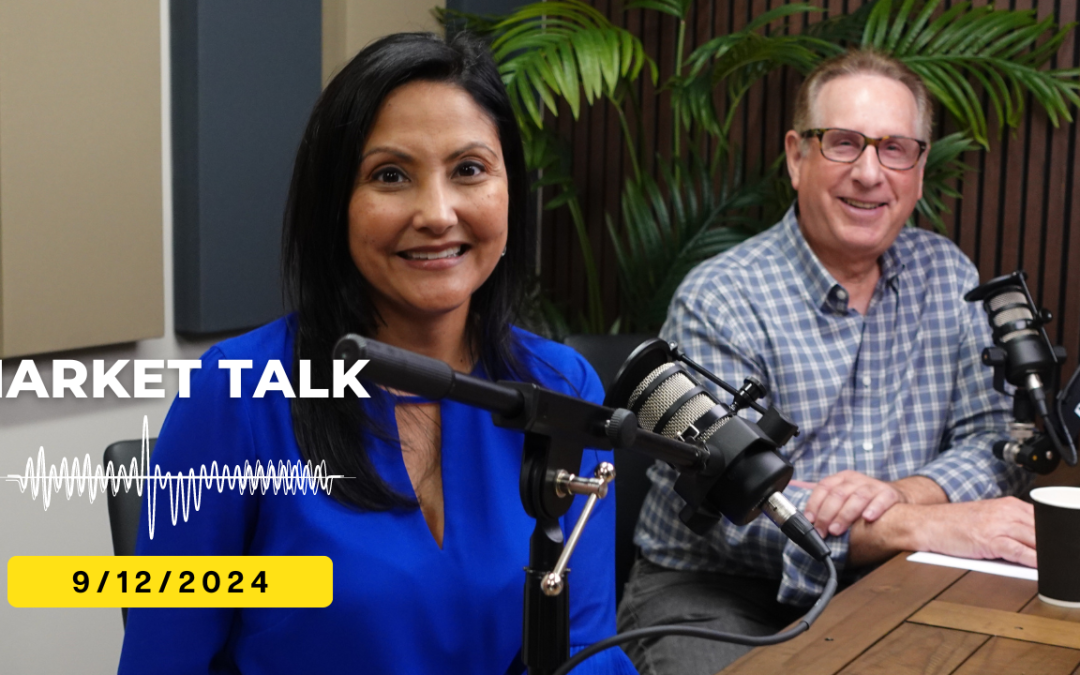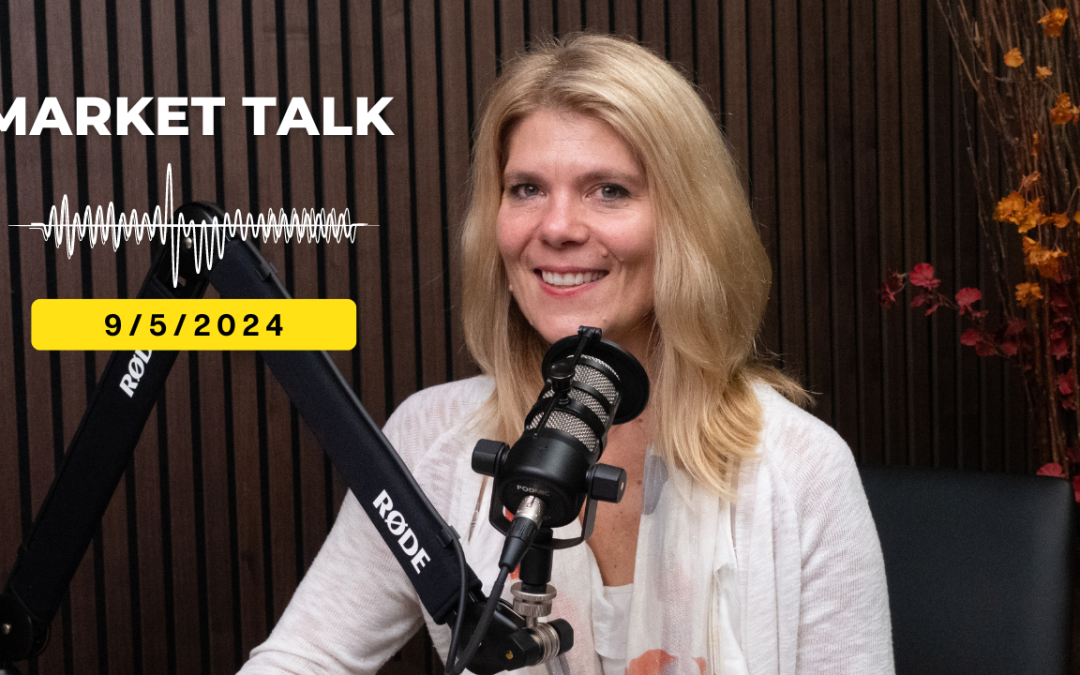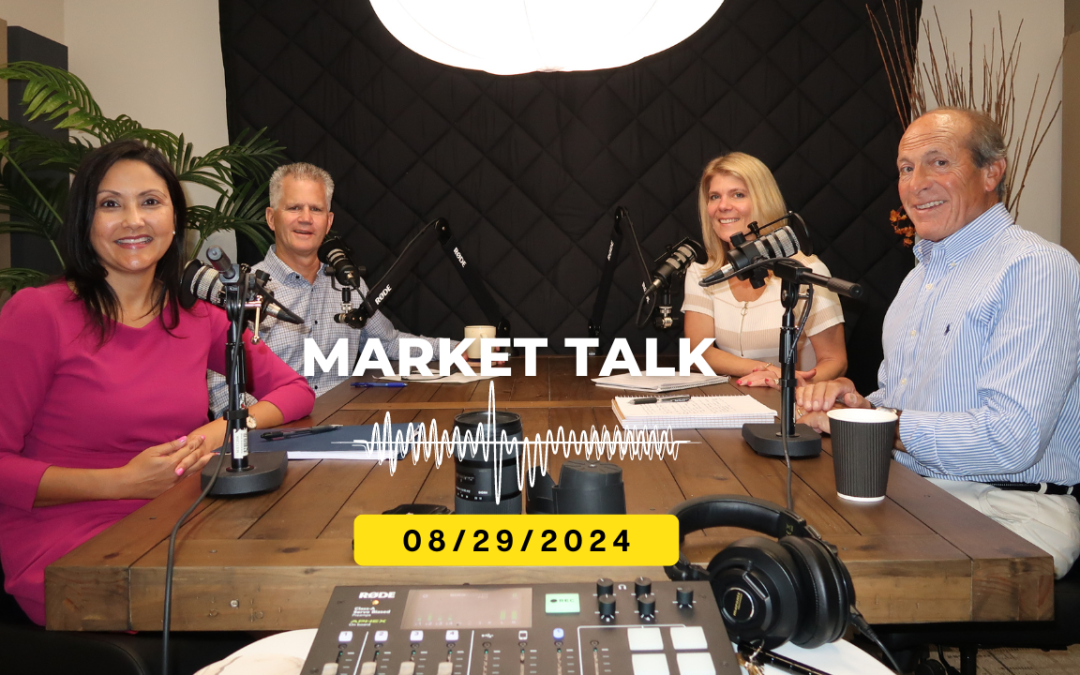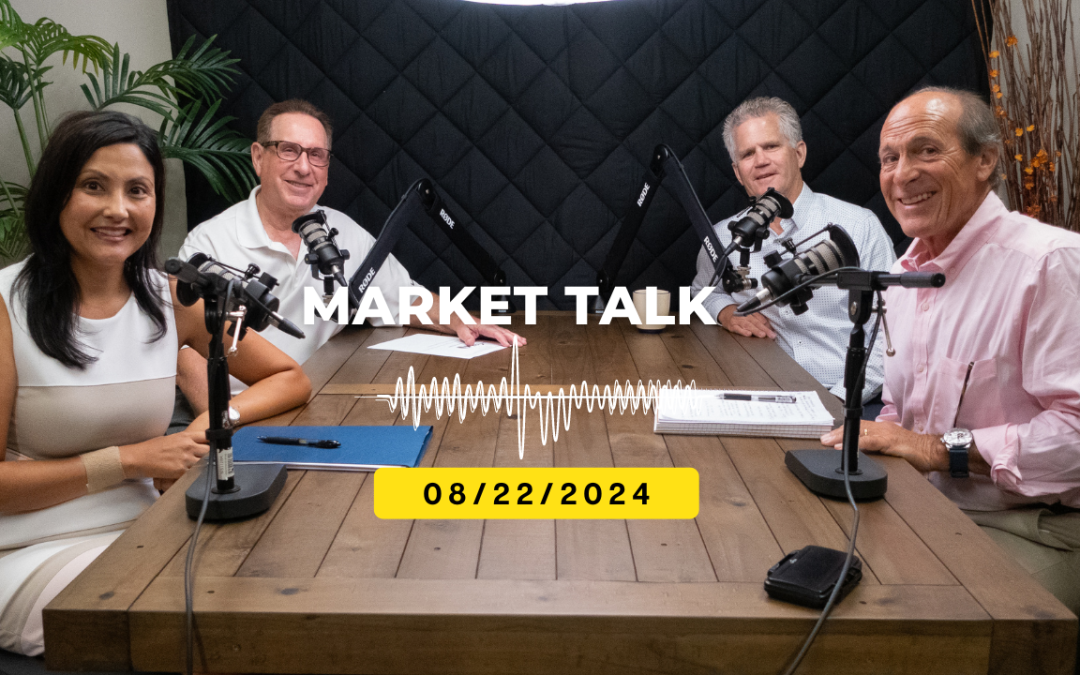
How Can The Future Elections Affect The Market
The WWM Financial Podcast In this episode, Steve, Catherine, Vince, and Greg discuss how upcoming elections could shape the financial landscape.
Join us as we discuss the potential impacts on bonds and market volatility. If you want to understand what’s going on in the economy, get better insight into the financial markets, and separate the sound from the noise so you can make good financial decisions, tune in now!
Recorded 9/26/24
WWM Financial is an SEC Registered Investment Advisor
The opinions expressed in this content are for general informational purposes only and are not intended to provide specific advice or recommendations for any individual or on any specific security. It is only intended to provide education about the financial industry. To determine which investments may be appropriate for you, consult your financial advisor prior to investing. Any past performance discussed during this program is no guarantee of future results. Any indices referenced for comparison are unmanaged and cannot be invested into directly. As always please remember investing involves risk and possible loss of principal capital; please seek advice from a licensed professional.










